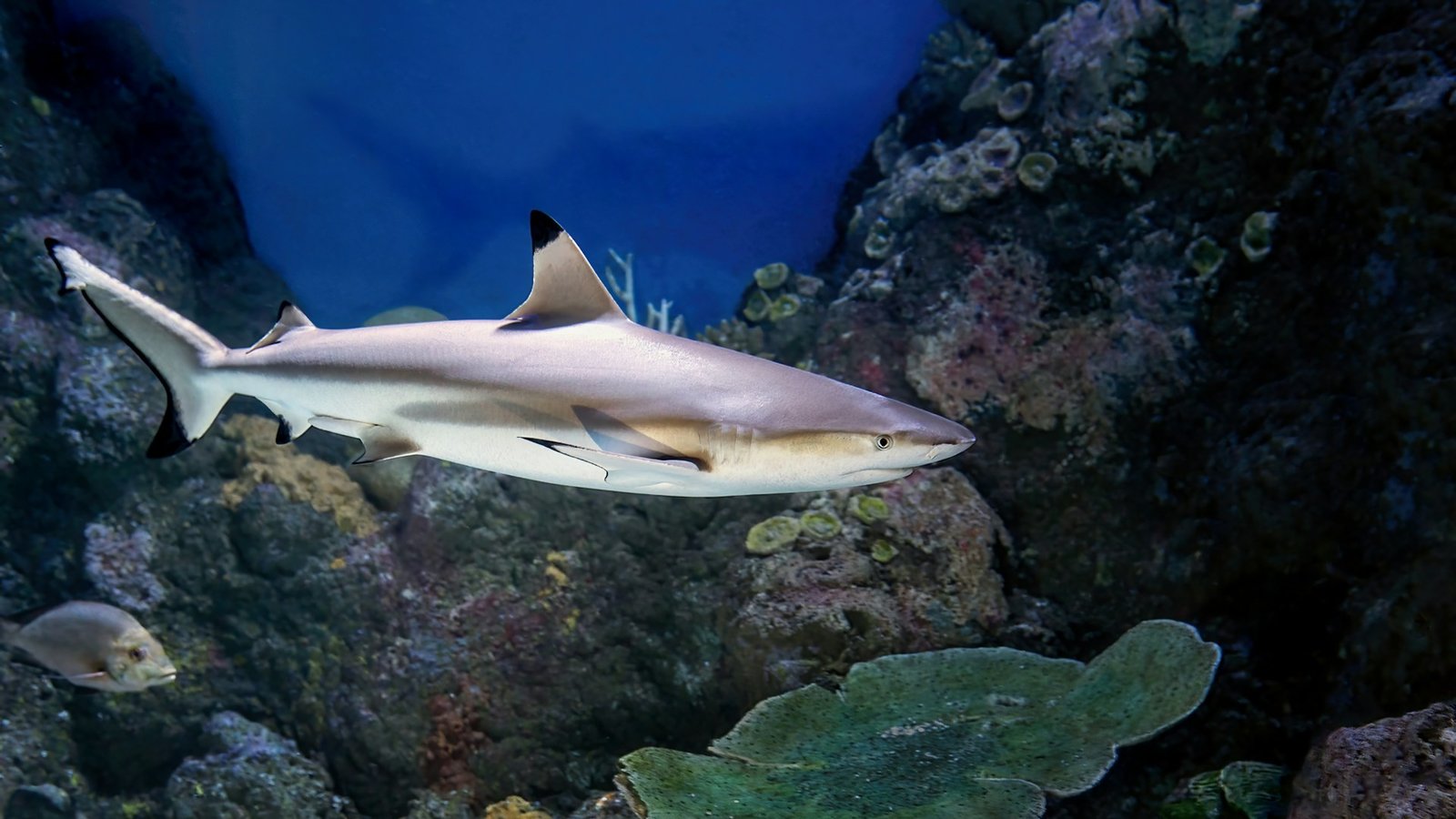Sharks have swum the world’s oceans for over 400 million years, evolving into some of the most successful predators in nature. Beyond their fearsome reputation, these ancient creatures serve a critical function in maintaining the health of marine ecosystems. The sharks’ ecological role is far more complex than simply hunting prey; it involves regulating species populations, maintaining biodiversity, and contributing to the stability of ocean ecosystems. Understanding the importance of sharks is crucial to grasping why sharks are essential for a balanced and thriving marine environment.
In this article, we explore how sharks influence the ocean food web, protect marine biodiversity, and even play a part in regulating climate processes. Their ecological importance reaches far beyond the fear they inspire.
Sharks as Apex Predators: Keeping Ecosystems in Balance
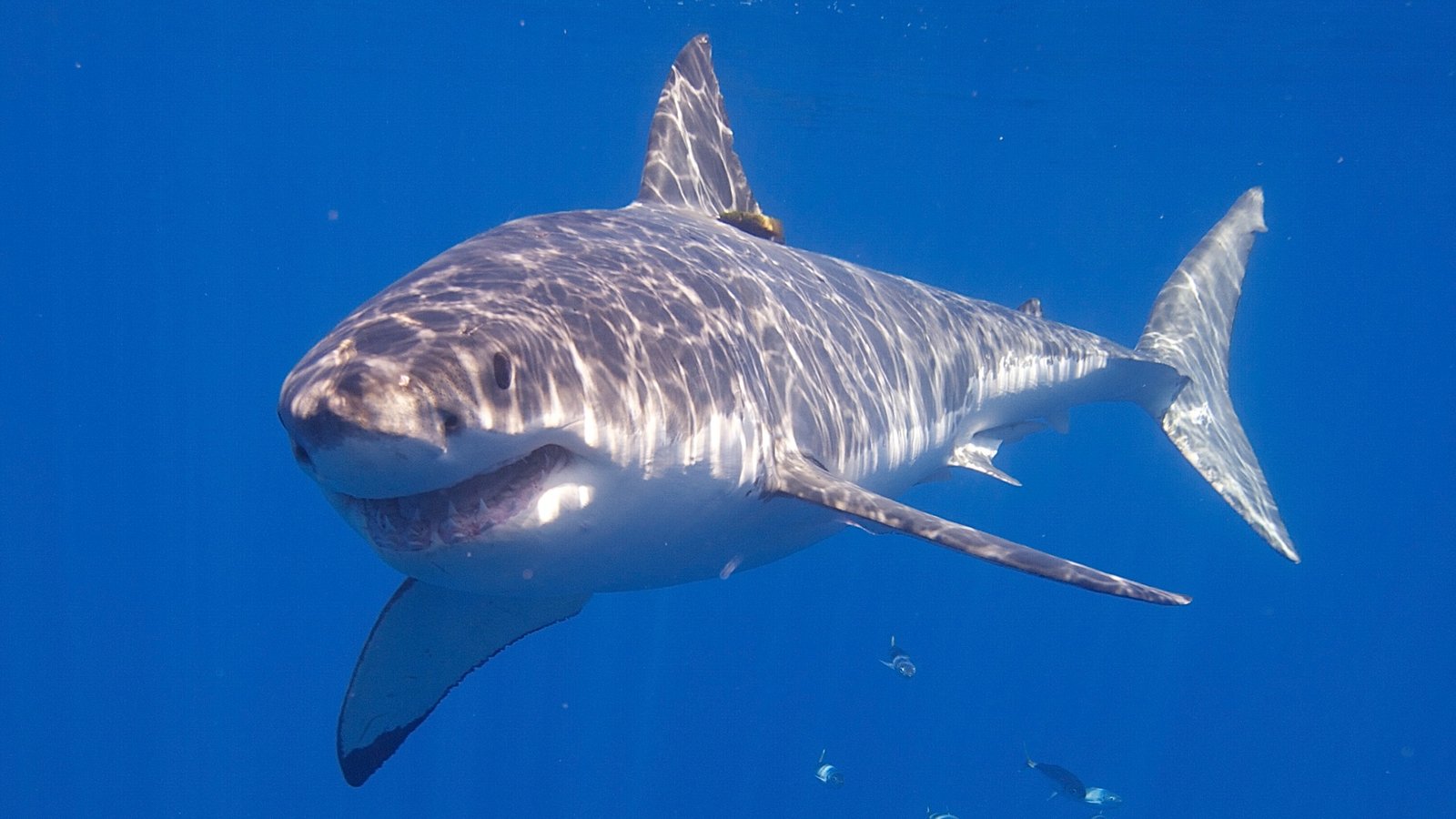
As apex predators, sharks occupy the top of the marine food chain. Their presence affects every level of the ecosystem beneath them. By preying on sick, weak, or old animals, sharks help maintain the genetic health of prey populations and prevent the overpopulation of certain species.
This regulatory effect has a cascading impact. For example, by controlling the numbers of mid-level predators, sharks allow herbivorous fish to thrive. These fish, in turn, help regulate algae levels on coral reefs, thereby preserving reef health. This is a clear demonstration of the importance of sharks to ocean health.
Removing sharks disrupts this balance, often resulting in the collapse of reef systems and altered food webs. Their role at the top ensures stability throughout the ecosystem.
Sharks’ Ecological Role in Marine Biodiversity
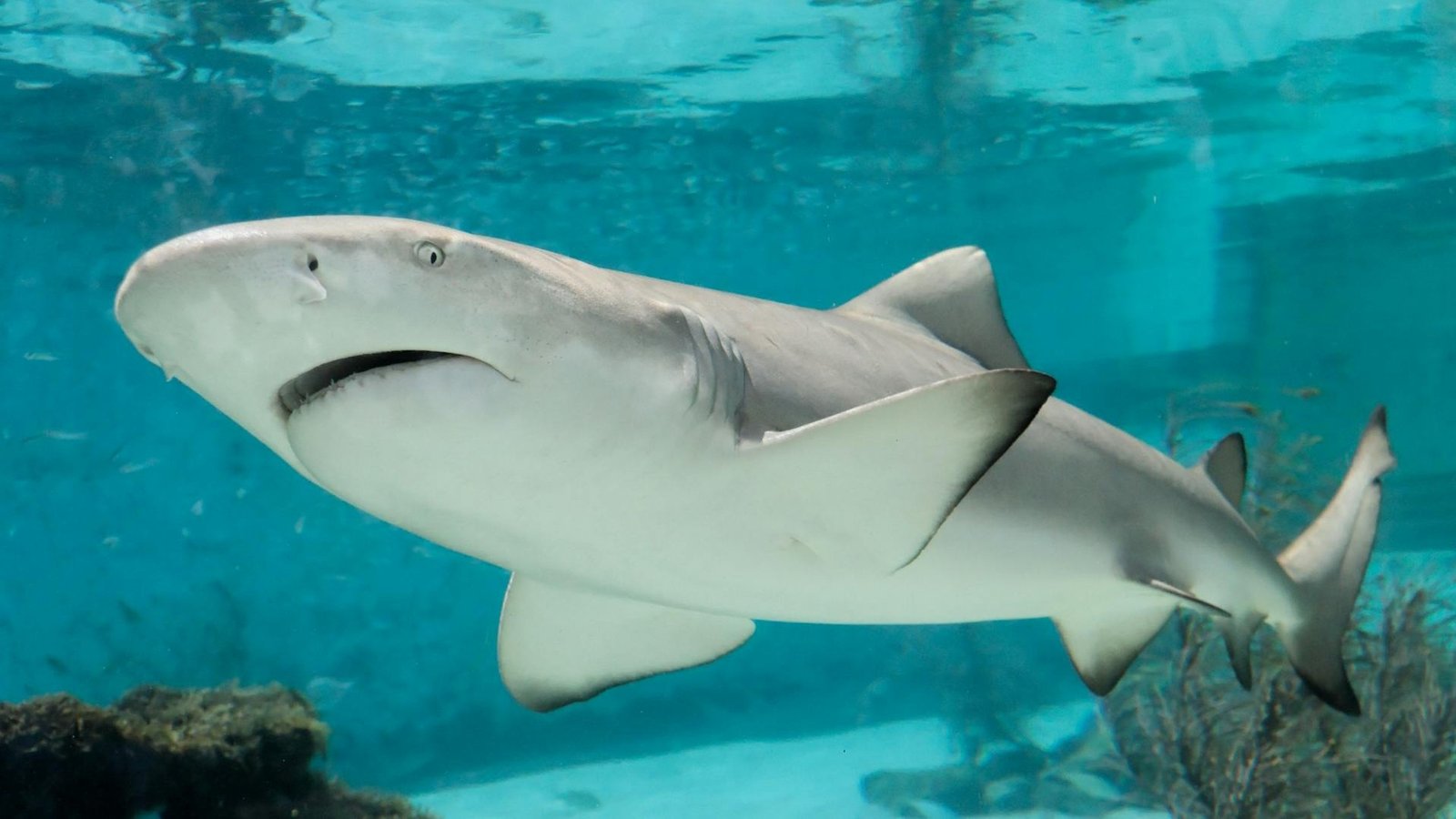
Sharks help preserve marine biodiversity by preventing any single species from becoming too dominant. This balance supports a more resilient and diverse ecosystem. In areas where shark populations have been depleted, scientists have documented declines in fish diversity and abundance.
The sharks’ impact on marine biodiversity is particularly noticeable in regions with complex ecosystems, such as coral reefs, seagrass beds, and kelp forests. Here, sharks help regulate the interactions between multiple species, allowing different organisms to coexist in a balanced state.
Biodiversity is not only important for ecosystem stability, but also for fisheries, tourism, and scientific discovery. Sharks play a crucial role in maintaining this rich web of life.
Sharks in the Ocean Food Web
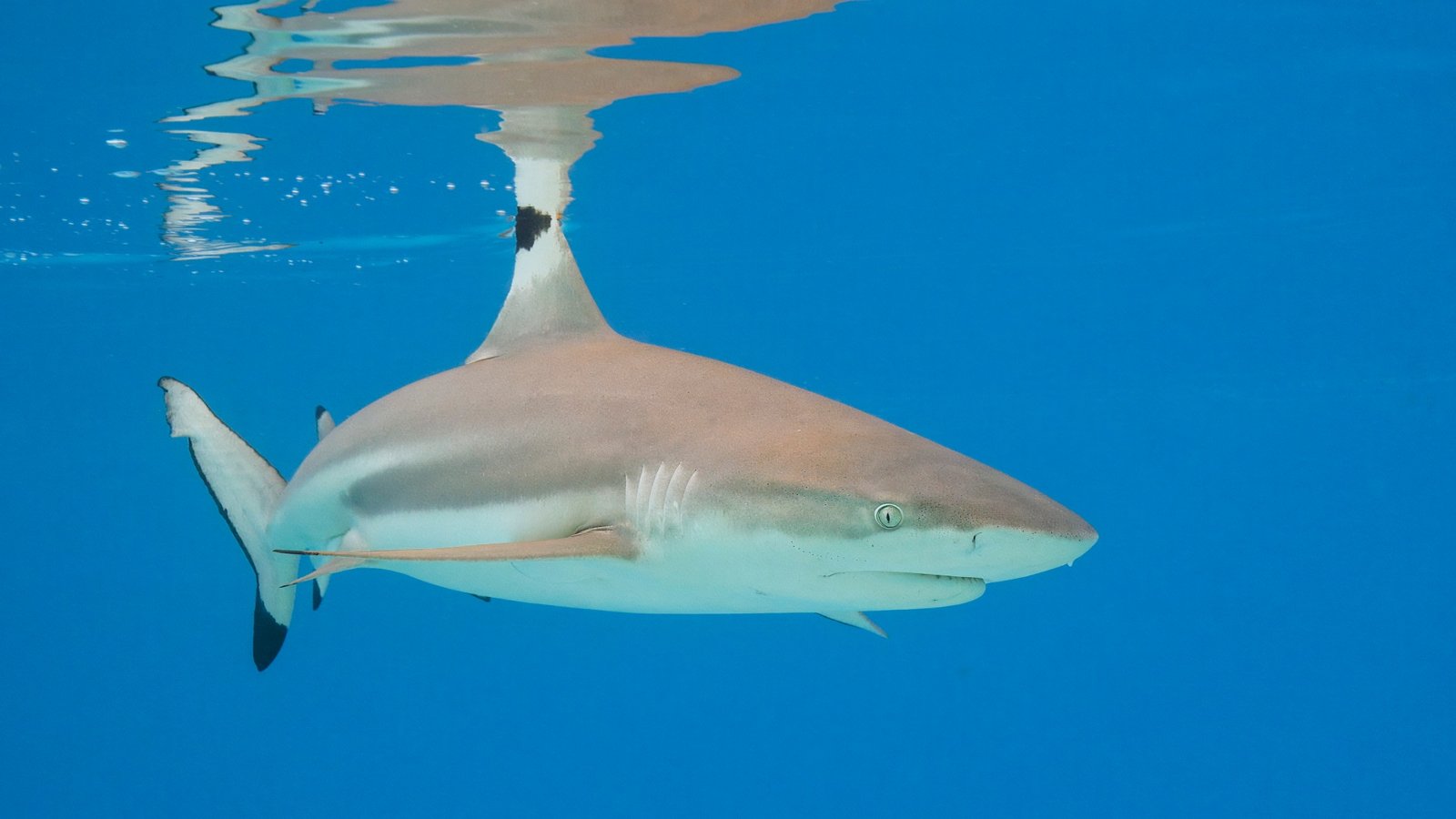
The ocean food web is a delicate network of predator-prey relationships, and sharks play a central role. From small reef sharks to giant pelagic species like great whites, different sharks occupy different niches in this web. Some feed on fish, others on marine mammals, crustaceans, or even plankton.
By influencing the behavior and distribution of prey species, sharks shape the structure of ocean habitats. This concept, known as the “ecology of fear,” suggests that the mere presence of sharks can prevent herbivores from overgrazing sensitive areas, preserving key habitats.
When sharks are removed, prey species may increase unchecked, leading to the degradation of coral reefs, seagrass beds, and other foundational ecosystems.
Sharks and Climate Balance
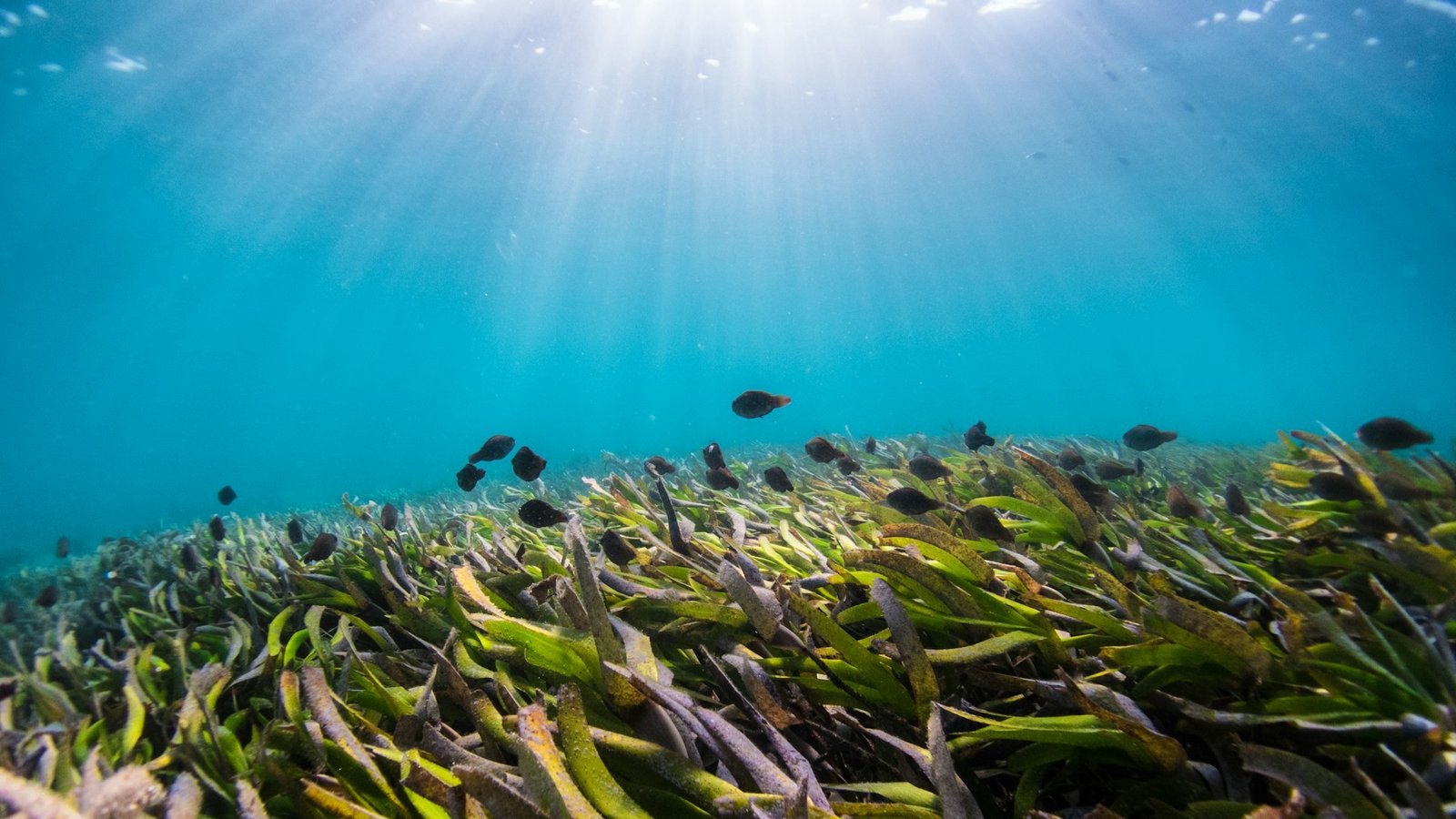
Recent research has uncovered surprising connections between sharks and the global climate balance. In particular, sharks influence the movement of carbon through marine systems, helping regulate greenhouse gases. By maintaining healthy populations of prey species, such as seagrass grazers, sharks indirectly protect habitats that serve as major carbon sinks.
For example, seagrass meadows store vast amounts of carbon in their root systems. When herbivorous species overgraze these areas due to a lack of shark predation, seagrass beds can deteriorate, releasing stored carbon into the water and atmosphere.
Through this mechanism, sharks play a subtle but meaningful role in the global carbon cycle. Their conservation may be more closely tied to climate action than previously thought.
Why We Need Sharks: Beyond the Fear
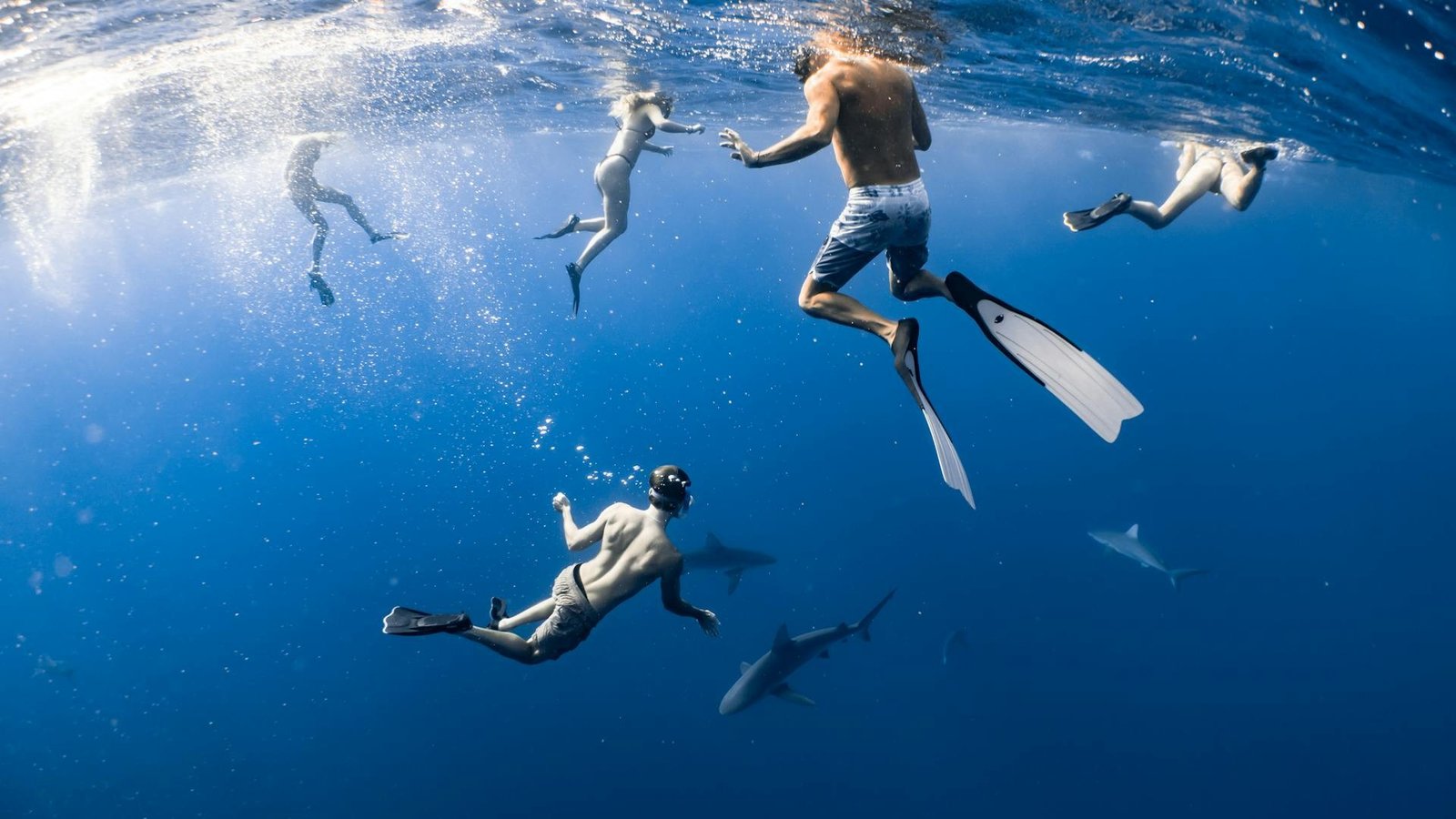
Despite their fearsome image, the truth is that humans have far more impact on sharks than the other way around. Over 100 million sharks are killed each year due to overfishing, bycatch, and the shark fin trade. This mass removal has widespread ecological consequences.
Why we need sharks is not just a question of protecting a predator, but about preserving the function of entire ecosystems. Healthy shark populations contribute to cleaner, more diverse, and more productive oceans. Their presence is linked to better coral reef health, stronger fisheries, and more resilient coastal environments.
By protecting sharks, we safeguard the balance of ocean life and secure benefits for future generations.
Threats to Sharks and Their Ecological Role
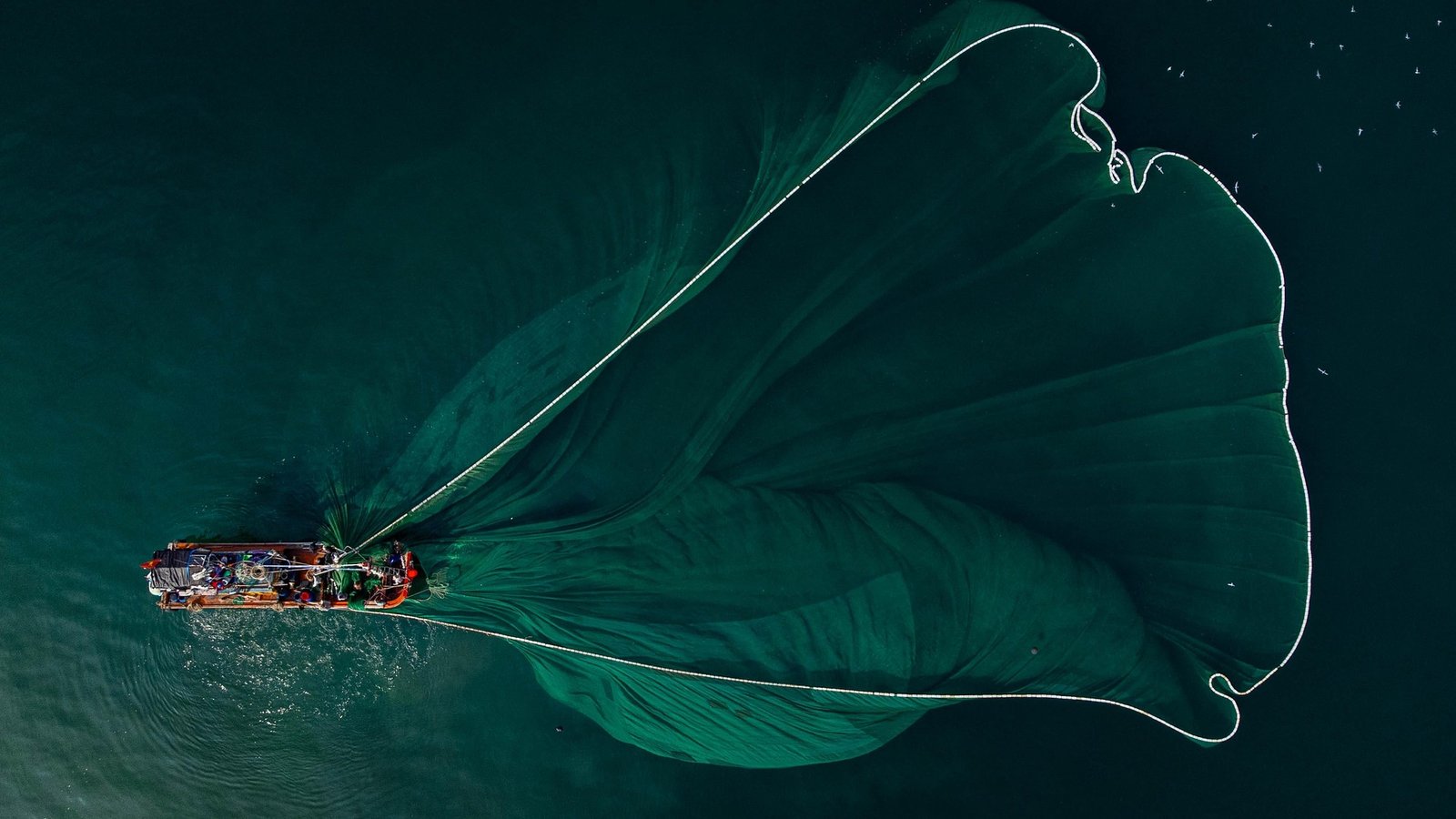
The decline of shark populations poses a direct threat to the marine systems they support. In many parts of the world, shark numbers have dropped by more than 70% in just the last few decades. Such losses are especially devastating in ecosystems where sharks are keystone species.
Threats include industrial fishing, habitat destruction, pollution, and the demand for shark fins and other body parts. Without sharks, many ecosystems begin to collapse, resulting in biodiversity loss, reduced fishery productivity, and degraded habitat quality.
Protecting the sharks’ ecological role requires addressing these threats through effective conservation policies, the establishment of marine protected areas, and the adoption of sustainable fishing practices.
Supporting Shark Conservation and Ocean Health
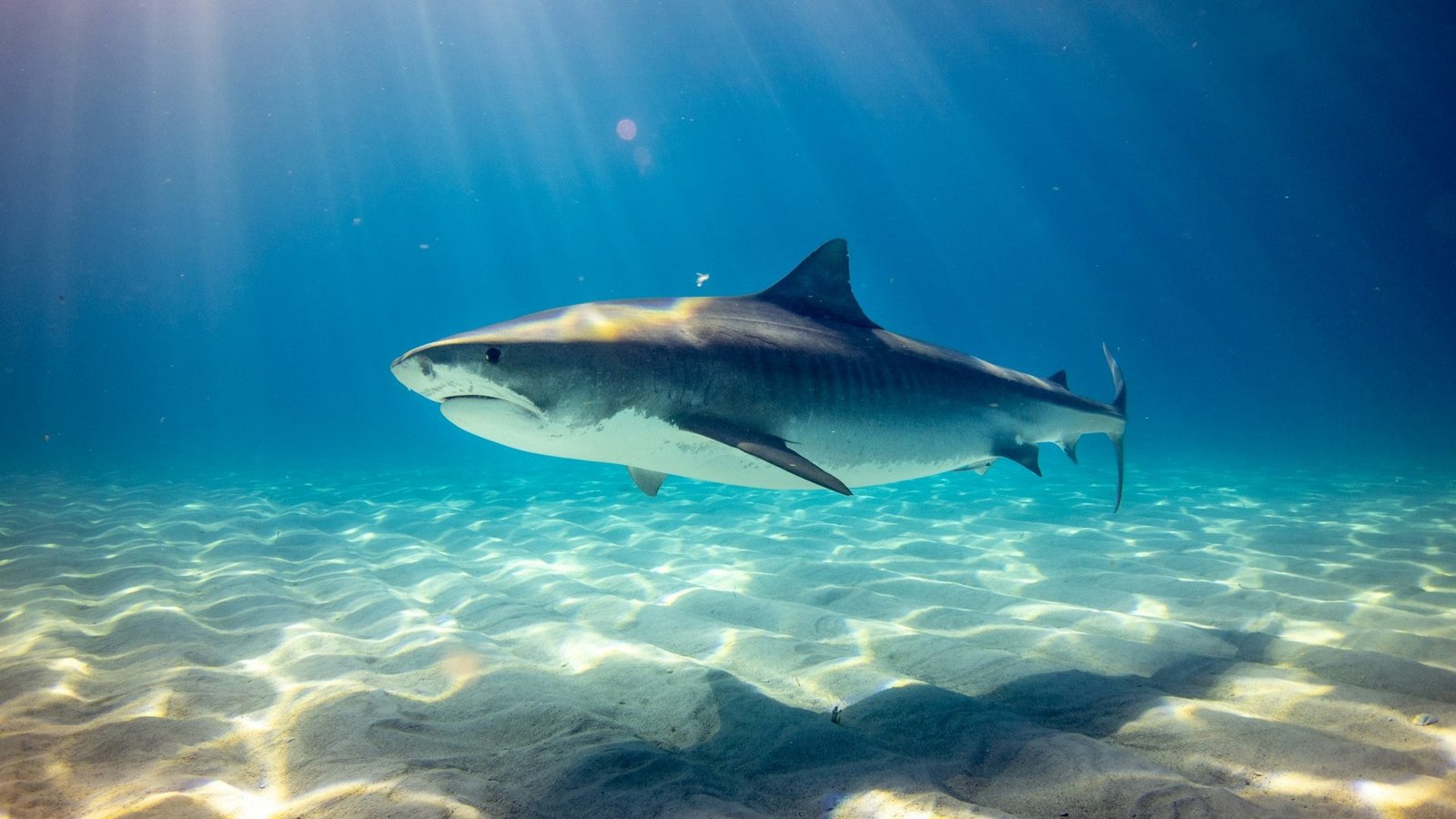
Efforts to protect sharks are essential for ocean conservation. Marine protected areas that ban shark fishing have shown promising results, with populations rebounding and ecosystems recovering. Global agreements, such as CITES, now list many shark species as protected, helping to limit international trade.
Public awareness and education also play a major role. By shifting the narrative from fear to ecological understanding, people are more likely to support policies that protect sharks. Citizen science projects, responsible ecotourism, and research support all play a crucial role in shark conservation.
The importance of sharks to ocean health is becoming increasingly clear with each new study, and continued efforts will ensure that these vital predators remain an integral part of our oceans.
Conclusion
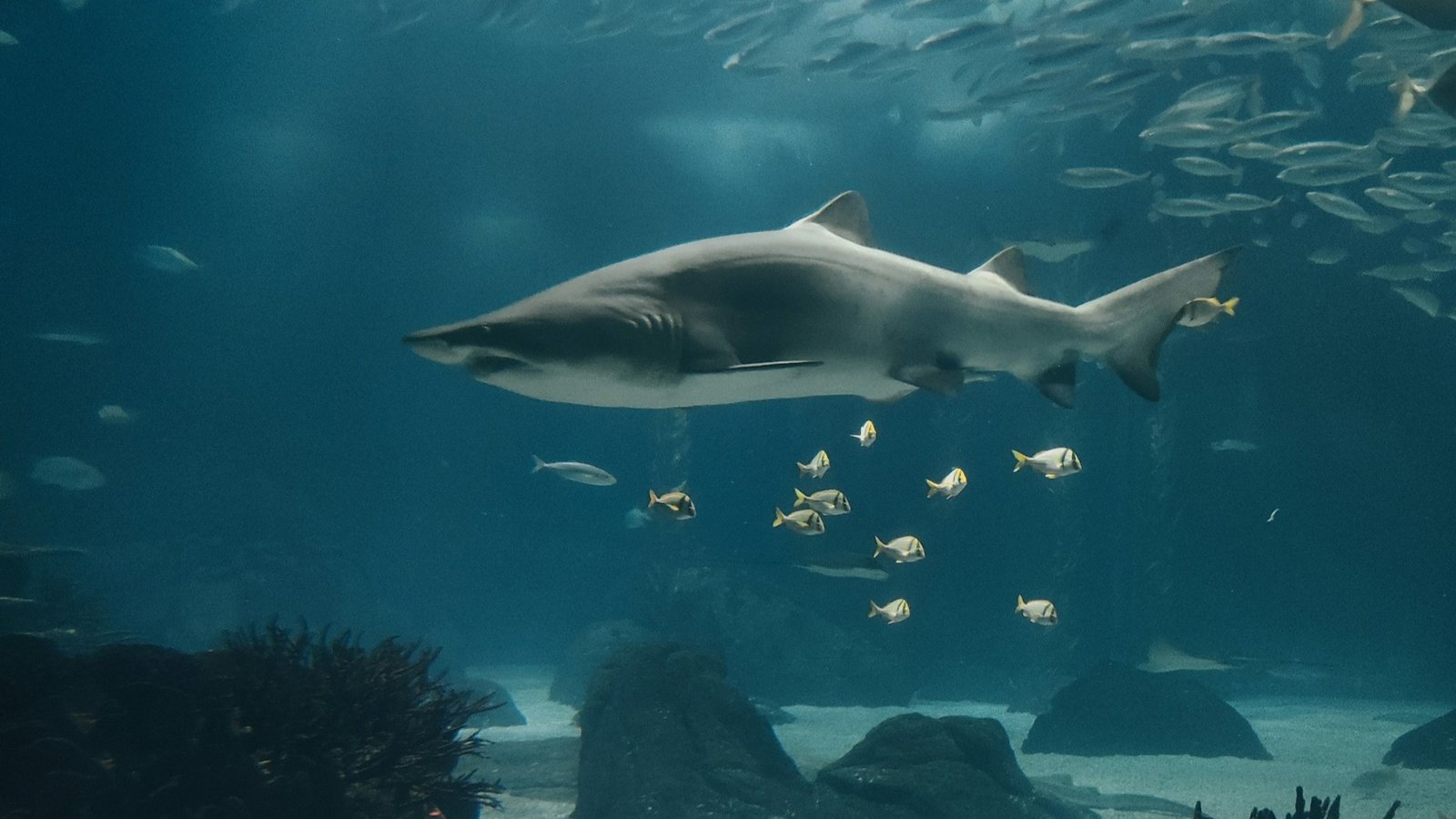
The sharks’ ecological role is fundamental to the health and balance of marine ecosystems. As apex predators, sharks regulate populations of other species, maintain biodiversity, and influence ocean habitats in ways that reach beyond what we can see. Their presence supports coral reefs, seagrass beds, and entire food webs, and even contributes to global climate regulation.
Recognizing why we need sharks is not only about saving a single group of animals but also about preserving the entire marine system they support. As threats to shark populations grow, understanding their role becomes even more critical. To ensure the future of our oceans, we must continue to protect these extraordinary predators and the ecosystems they help sustain.

